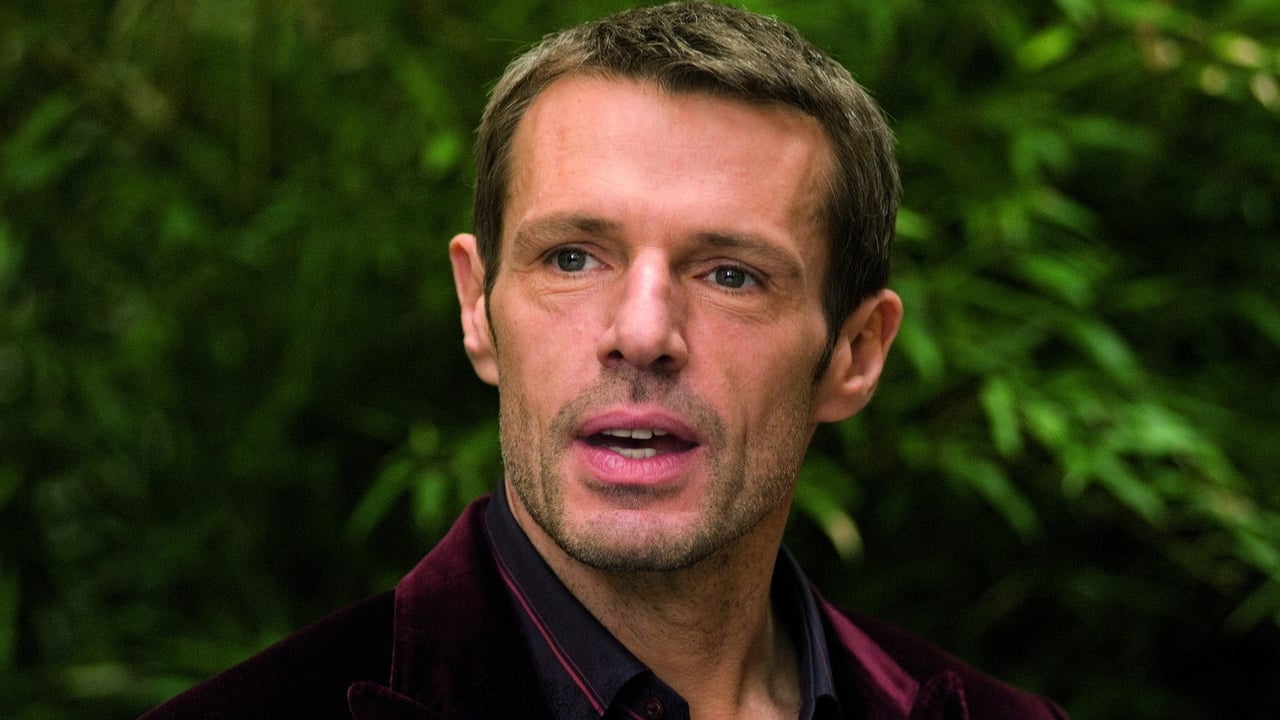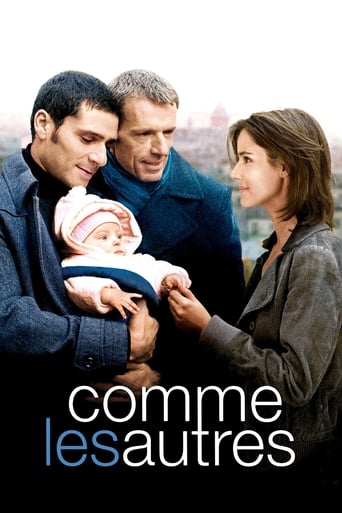SpunkySelfTwitter
It’s an especially fun movie from a director and cast who are clearly having a good time allowing themselves to let loose.
HottWwjdIam
There is just so much movie here. For some it may be too much. But in the same secretly sarcastic way most telemarketers say the phrase, the title of this one is particularly apt.
Erica Derrick
By the time the dramatic fireworks start popping off, each one feels earned.
ricardo_edm
The film looks really good, the actors are handsome, the cinematography is good, and overall the movie has good quality. Unfortunately, the script leaves a lot to be desired. I am tired of seeing movies that perpetuate the myth of the gay man who has a fling or even a one-night stand with a straight woman, the "right" woman. I have yet to meet one or even hear of one gay man in real life to whom this has happened. At least if the character they presented was bisexual this would make sense but when they portray the character as totally gay and somehow the "right woman" makes him forget he's gay, the movie moves into the realm of impossible and that only does a disservice to the gay community and spreads untruths to the world at large. Furthermore, the change of some of the characters simply does not make sense (why is it that suddenly one partner absolutely does not want a baby and then all of a sudden he has no problem with it and then is happy with it). The movie is not boring but it's not something I would recommend unless you have nothing better to watch
Nathan Biolander
I think this film is very effective in showing the drama of a homosexual man who wants to be a father. The acting is good and the situations Manu goes through are real, this is what happens to a gay man in reality. There are two critiques that I can do. The most important one, the relationship between Manu and Phillippe is sort of "censored", we don't see them having sex and the re-encounter kiss is cut really really fast. We see very few displays of affection between the men. On the other hand there is a sex scene between Manu and Fina and several kisses. So from a gay point of view, there is sort of a censorship, or probably the actors were too inhibited to go all the way. I think it may have been necessary a sex scene or other display of affection between the men in the beginning before they split, just to be in balance with the "heterosexual" side of the movie. A minor critique, is that Fina and her mother are Spanish actors, and for an Argentinian viewer this is evident, though they try to copy the Argentine Spanish accent they don't get it right. The only real Argentinian actor or at least Uruguayan seems to be her father. But this is just a detail that doesn't affect the story.
tatararabuga
I don't usually write comments after watching a film. But mid-way through this film, i decided that i must warn those who want to spend money on this. The film has great looks. It's got very nice cinematography. There are good looking people inside. But there's no passion in it. It's simply...sterile. There was no heat in it, heat that comes from human elements. The story, the relationships, the touch, everything is almost 'too' perfect.So much so that it seems cold.It's very hard to connect with any of the characters in any way. Also, the story is quite predictable. If you have never watched films about homosexuality or gay adoption, you might find the lack of heat comforting.Otherwise, you might want to avoid it. i considered the movie a waste of time.try 'patrick 1.5' or 'get your stuff.'
guy-bellinger
For his first fiction film, documentarist Vincent Garenq did not choose the easy way out: he chose to write and direct a comedy of manners about a sensitive subject: homosexuality and parenthood. Describing the life of a gay couple is delicate and may give rise to either dirty or coarsely 'comic' scenes and Garenq's first and main achievement is to have been able to show two men in love and in conflict just like the two partners of a heterosexual couple, which makes the title of the film ('Like All Others') particularly relevant. One simple example: when the couple formed by Manu (Lambert Wilson) and Philippe (Pascal Elbé) find each other again after a long breakdown, we spectators feel no embarrassment at all at seeing them exchange a kiss. We have developed a liking for the two characters in the meantime and feel good, just like when a woman and a man who have split up for a while kiss tenderly for the first time after wards. Another success is the cruel 'romance' that unites Manu and Fina (Pilar Lopez de Ayala) and then pits them against each other. The moments of shared -and later unrequited -love are filled with true emotion, particularly thanks to Ayala's radiant looks and freshness. On the other hand, Garenq manages to go through all the aspects of the question and convincingly shows how hard it is to become a gay parent (homosexuals have to show their credentials whereas ordinary parents can breed children whatever their defects) or a surrogate mother (bearing a child for another and part with it as of the delivery is no pleasure cruise). These scenes always ring true, which is no small feat.'Comme les autres' is in turn comic (Manu's repeated blunders, his family's reaction when he announces he has left his partner, will marry Fina and have a kid), moving (see above) and sociologically relevant. Wonderfully played by Lambert, Ayala, Elbé and the always reliable Anne Brochet, this film would be excellent if Garenq did not indulge in the easy solution in the end, while he had managed to avoid it throughout. Indeed by making Philippe, the man who hated babies, become a sugar daddy out of the blue, he demands a suspension of belief that is too much. At least for this writer.

